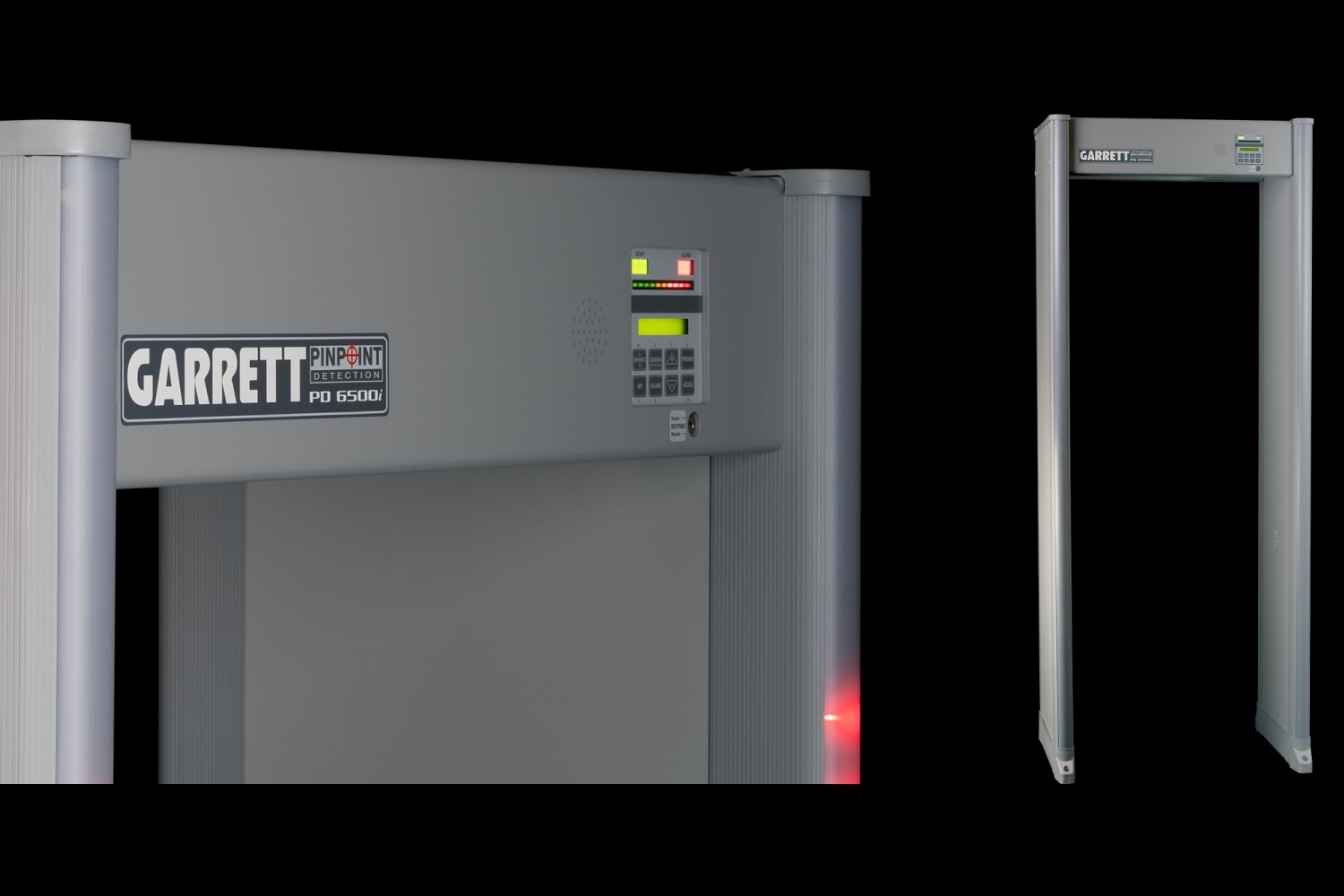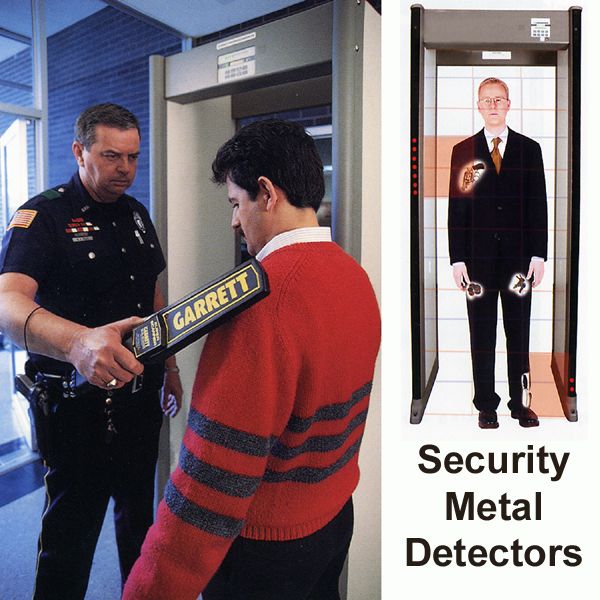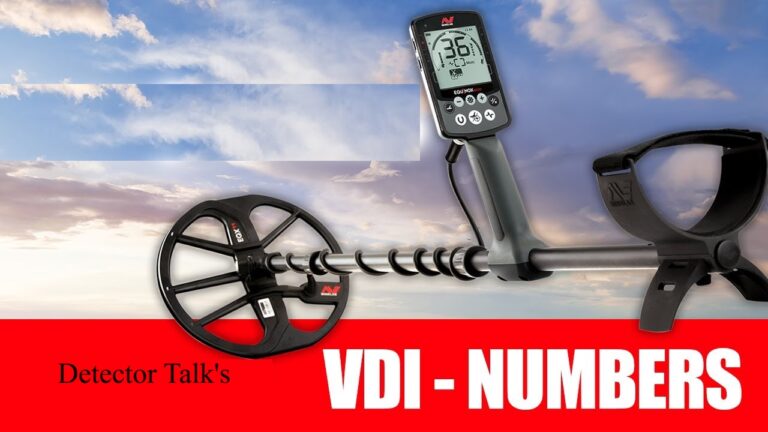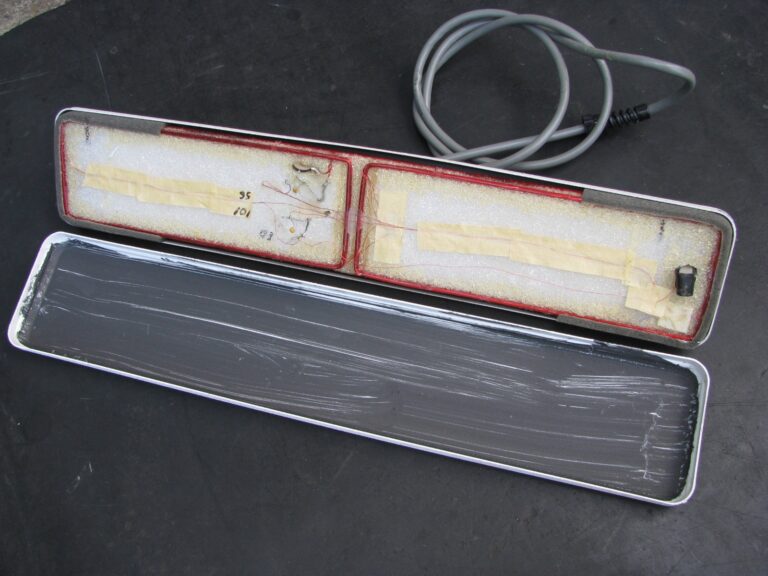Do Walk-Through Metal Detectors Detect Aluminum
Walk-through metal detectors are designed to detect a wide range of metals, including aluminum. However, aluminum is more easily detected than other metals, such as iron or steel. This is because aluminum has a lower density than other metals and is more difficult to detect with traditional metal detection methods.
Walk-through metal detectors are designed to detect large metal objects on a person’s body. However, they are not always able to detect smaller objects, such as aluminum. Aluminum is a common metal used in many everyday items, such as cans and foil.
While it is not as dense as other metals, such as iron or lead, it can still be detected by metal detectors. The problem is that walk-through metal detectors are only sometimes sensitive enough to pick up aluminum. There are a few ways to get around this issue.
One is to use a handheld metal detector. These are more sensitive than walk-through models and can help you find small objects like aluminum cans. Another option is to empty your pockets before going through the detector.
This way, you’ll have fewer items on your body that could potentially set off the alarm. No matter what method you use, keep in mind that walk-through metal detectors may not always be able to detect aluminum. It’s important to be aware of this so you don’t end up carrying any prohibited items into places where they could cause problems.
What Do Walk Through Metal Detectors Detect?
When you walk through a metal detector, the device detects changes in the magnetic field around your body. When metals like iron, steel, and aluminum come close to a magnetic field, they change the direction of that field. The metal detector can pick up on these changes and sound an alarm.
Some metal detectors are more sensitive than others. If you set off a metal detector at an airport, for example, it’s probably because you have something made of metal on your person (like keys or coins). But if you set off a metal detector at a museum, it could be because there’s something metal nearby – like rebar in the walls or even buried underground.
Can Aluminum Foil Block a Metal Detector?
There’s a lot of debate on this topic, with some people claiming that aluminum foil can block a metal detector and others saying it can’t. So, what’s the truth? To start with, let’s look at how metal detectors work.
They detect metals by using either an electromagnetic field or a magnetic field. When metal is placed in either of these fields, it causes a disturbance that the detector picks up. So, does aluminum foil block these fields?
The answer is yes and no. Aluminum foil does cause a disturbance in an electromagnetic field, but not enough to trigger most detectors. In fact, you’d need several layers of foil even to come close to blocking an electromagnetic field completely.
However, aluminum foil doesn’t have any effect on magnetic fields. So, if you’re trying to avoid setting off a metal detector, your best bet is to go with something other than aluminum foil.
What Metals Cannot Be Detected by a Metal Detector?
When you are out in the field with your metal detector, it is essential to know what kinds of materials you can and cannot detect. While most detectors can find all types of metal, some materials may need to be included.
Here is a list of metals that a metal detector cannot detect:
Aluminum – This is one of the most common metals used in everyday items, but a metal detector cannot detect it. If you are looking for aluminum cans or foil, you will need to use another method to find them.
Lead – Lead is another common metal, but it is also one that cannot be found with a standard detector. If you are looking for lead pipes or other objects made from this material, you will need to use another method to find them.
Stainless Steel – This type of steel contains chromium and other metals that make it difficult for detectors to identify. If you are looking for stainless steel objects, you may have better luck using a magnet instead.
Copper – Copper wire is often used in electrical applications, but a typical metal detector cannot detect it.
Do Metal Detectors Detect Aluminum Cans
Yes, metal detectors can detect aluminum cans. In fact, they are often used in recycling plants to sort aluminum cans from other materials. Metal detectors work by sending out a magnetic field and then detecting when that field is disturbed.
When an object like aluminum can disturb the field, the metal detector will beep or give some other indication that there is metal present.
What Do Metal Detectors Detect at Airports
Most people are familiar with the fact that metal detectors are used at airports to help screen passengers for potential security threats. But what exactly do these devices detect? Metal detectors work by detecting changes in the electromagnetic field that are caused by metallic objects.
When a metallic object is placed near the detector, it will disrupt the normal flow of electrons and cause a change in the electromagnetic field. This change can then be detected by the metal detector and used to alert security personnel. So, what types of metallic objects will set off a metal detector?
The most common items are weapons, such as guns or knives, but any metal can technically set off the alarm. This includes coins, jewelry, belt buckles, and even keys. In most cases, however, only larger pieces of metal will be detected by the machine.
If you need clarification on whether or not an item will set off a metal detector, it’s always best to err on the side of caution and declare it to security before going through screening. That way, you can avoid any potential delays or complications at the airport.
Conclusion
Walk-through metal detectors are designed to detect large pieces of metal, so they will not detect smaller pieces of aluminum. However, if you have a lot of aluminum on your body, the detector may sound an alarm.







